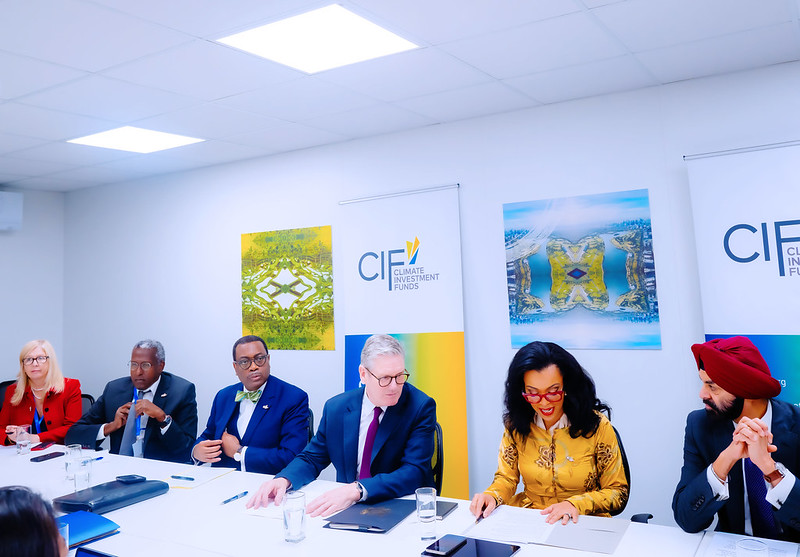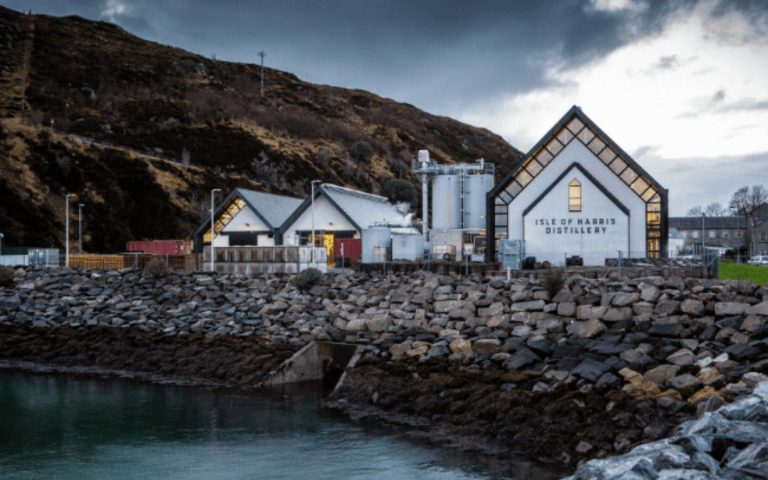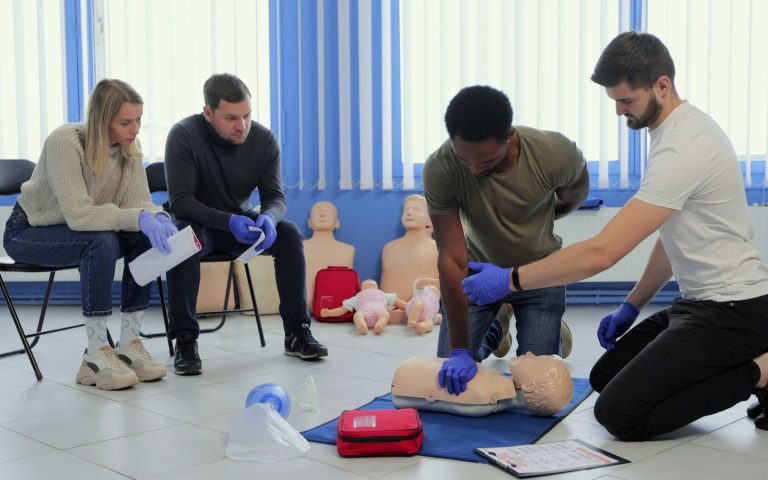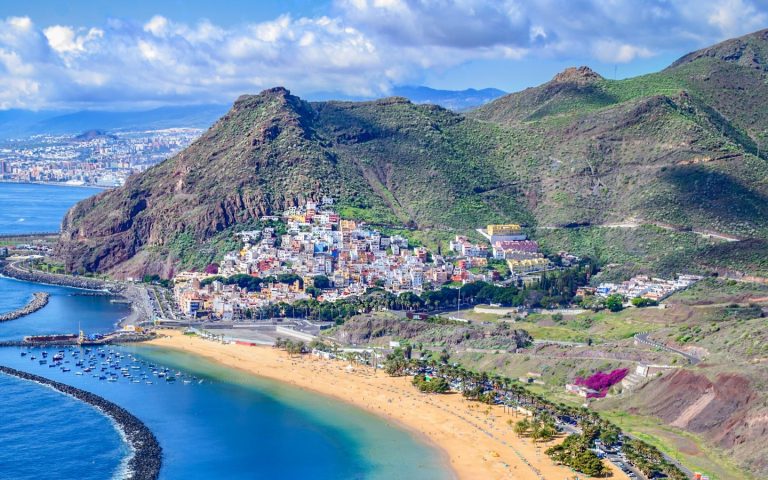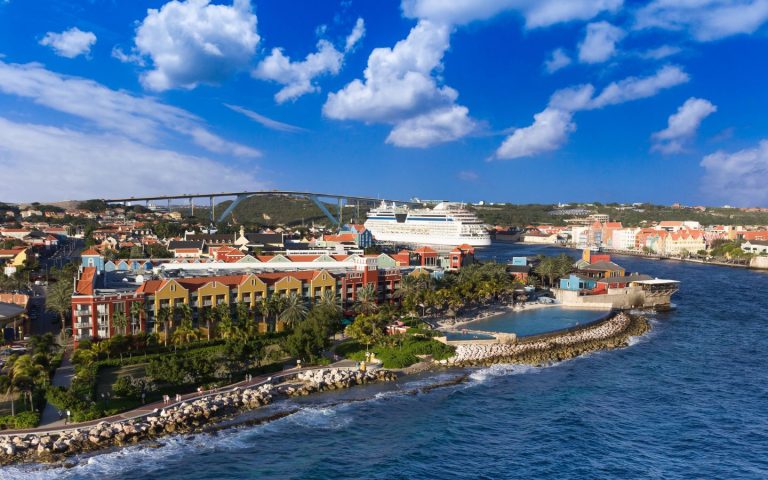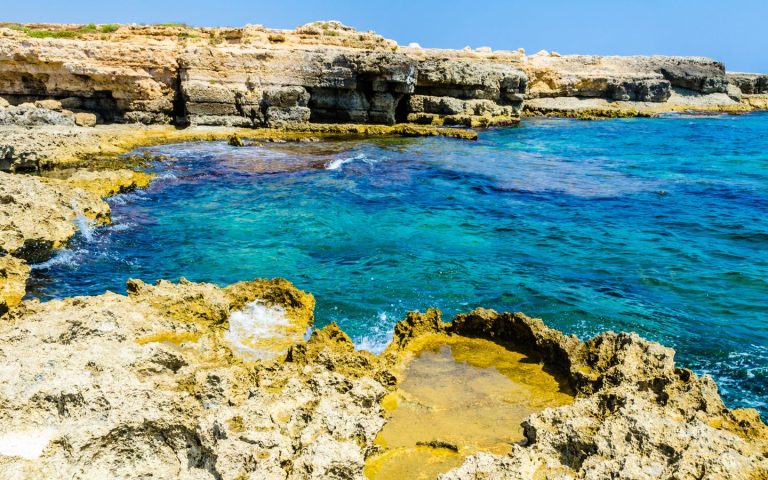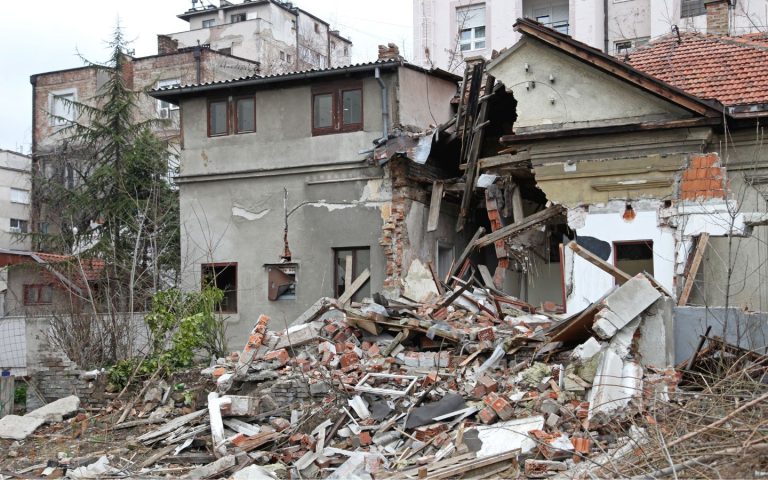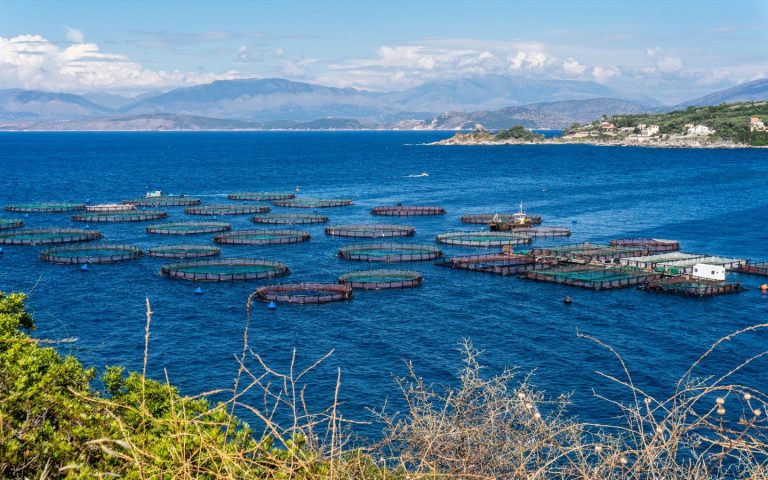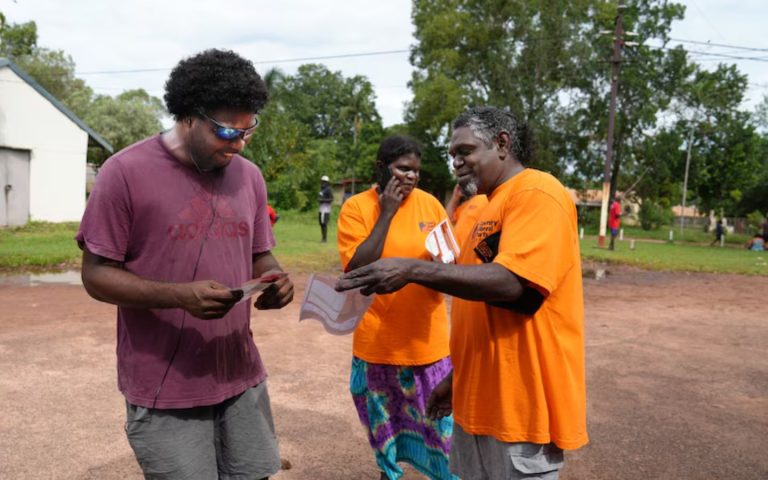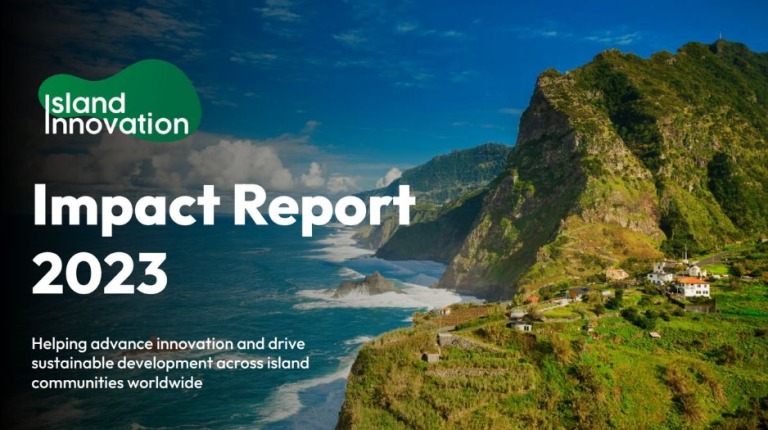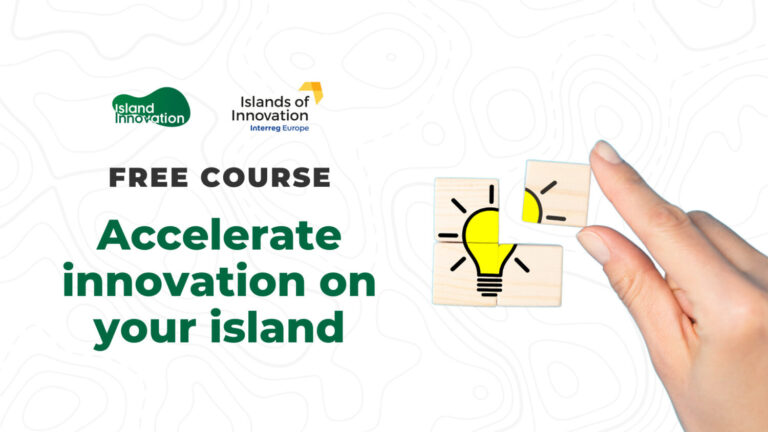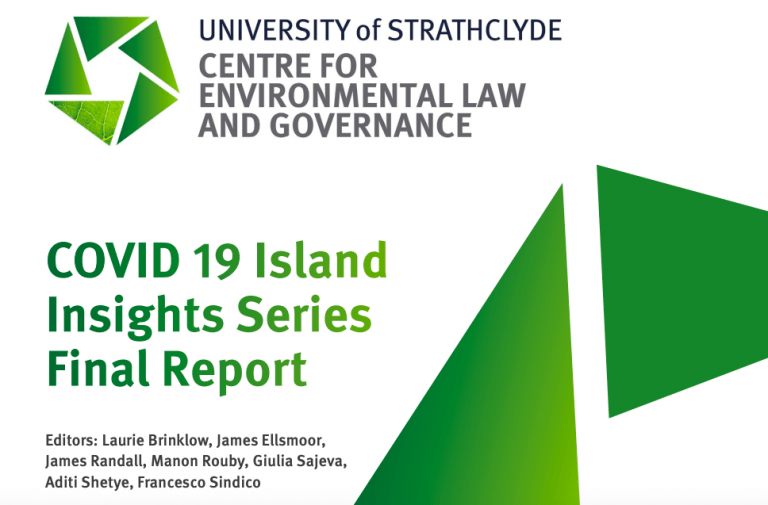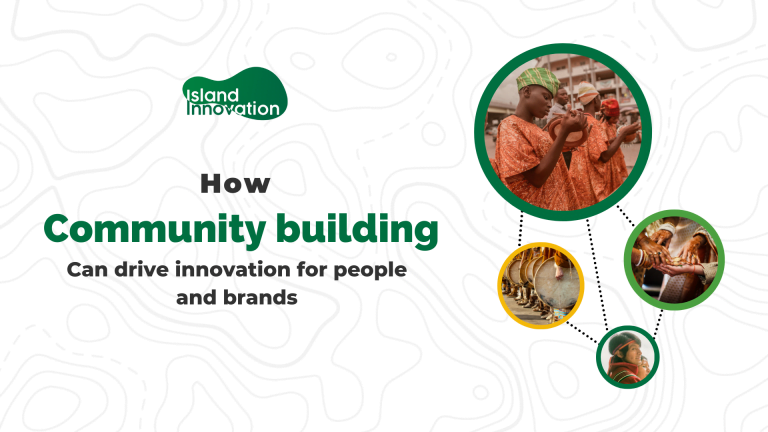Excerpt from nrdc.org
The United States just went through its most consequential election. While the outcome raises questions about what the re-election of Trump means for U.S. engagement in global climate talks moving forward (in view of his previous stunt), the game is still on, with or without him. Despite the challenges, local communities, cities, states, private actors, and the public more broadly have embarked on an unstoppable journey—upholding the spirit of the Paris Agreement.
The world’s biodiversity agreement just faced its first big test in Cali, Colombia, at the United Nations’ 16th Biodiversity Conference of the Parties (COP16). The results were decidedly mixed, with some breakthroughs but also critical missed opportunities. Ultimately, it left the international community with a suite of urgent priorities to address our rapidly closing window to halt biodiversity collapse and to align the protection of nature with action on climate change.
With countries rapidly pivoting to the U.N. climate conference (COP29) next week, they will need to build on COP16’s successes and mitigate its failures, prioritizing the equitable delivery of main “AAA” objectives that are relevant to both: Accountability, the alignment of biodiversity and climate plans, and the adequacy of resource mobilization and access to finance.

